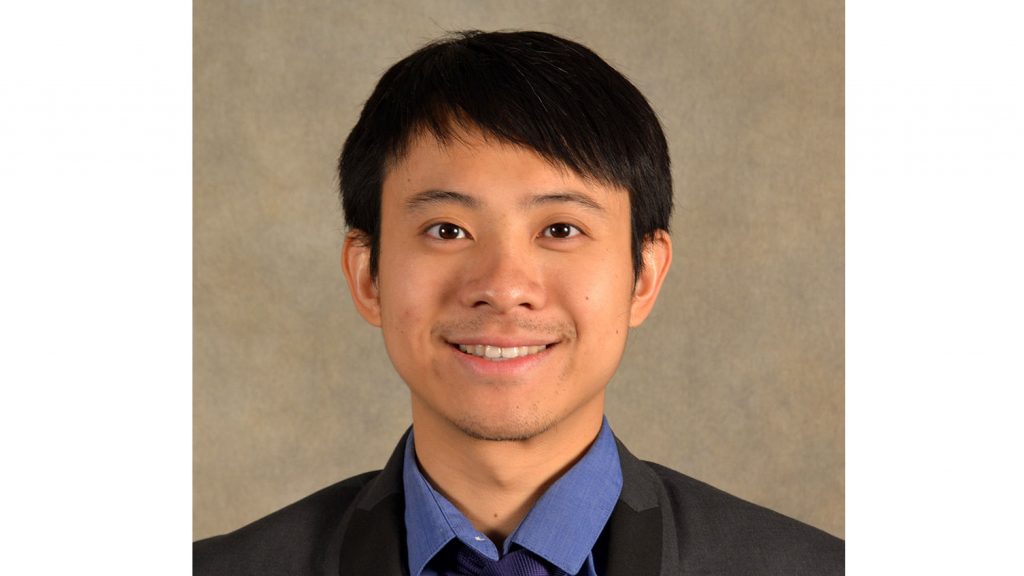Students from across the globe come to the Heartland of the United States to hone their professional skills and achieve their postsecondary educations in an environment contrasting the one in which they grew up.
This year, the University of Iowa reported 1,343 international graduate and professional students attending school here.
Sunny Ho, 28, is one of such students. Born and raised in Hong Kong, he decided to attend college in the U.S. He got his undergraduate degree at the University of Illinois and an Ed.M. at Columbia University.
Ho chose to continue his studies directly after achieving the Ed.M. and is now pursuing a Ph.D. in counseling psychology at the UI.
Ho’s research emphasizes issues regarding multiculturalism, race, class, and the intersectionality of identity leading to mental-health concerns. Growing up outside the U.S., Ho has been exposed to beliefs and practices that differ from those in the U.S.
“Being a global citizen, from Hong Kong to the U.S., I think there are a lot of things that can be changed,” Ho said. “We all live in a society together. I am trying to inform what can be changed at a societal level.”
Most of Ho’s time at Columbia was spent interviewing Chinese natives and developing ideas on the different perspectives.
He found that Chinese scholars placed a higher emphasis on medication than counseling, and people with mental illnesses in China were more likely to refrain from seeking help, underutilizing counseling services.
“They see it as an illness, easily treatable by medication,” Ho said. “They don’t look at it from a therapeutic approach.”
Several of Ho’s colleagues and fellow global citizens are trying to make their own innovations to the field of counseling psychology.
Soeun Park, a native of South Korea who came to the U.S. after obtaining an undergraduate and master’s at a South Korean institution, is also pursuing a Ph.D. at the UI.
Park currently works at the UI Counseling Service. As someone who has worked with clients in both South Korea and the U.S., she said, a major difference between the two is the amount of diversity.
“I did not see diversity-based issues or work with minorities and diverse people,” Park said. “South Koreans are taught there is only one ethnicity in our country. Multiculturalism and minority populations are generally not discussed.”
Rosaline Lin, 26, is another colleague of Ho. Her research and activities also focus on underrepresented populations in society, her particular interest being women with disabilities.
As a woman with disabilities, Lin has great passion for the issue. She said she has experienced being a minority Taiwanese and a racial minority in the U.S.
“I realized when I came to the U.S. that it is not what I imagined,” Lin said. “I thought it was the greatest place, but the longer I stayed, the more I learned of the social issues here. It is nice to be in this field so that I can promote social justice and bring about change.”
Lin continued to discuss the importance international students hold to the furthering of studies in their field.



